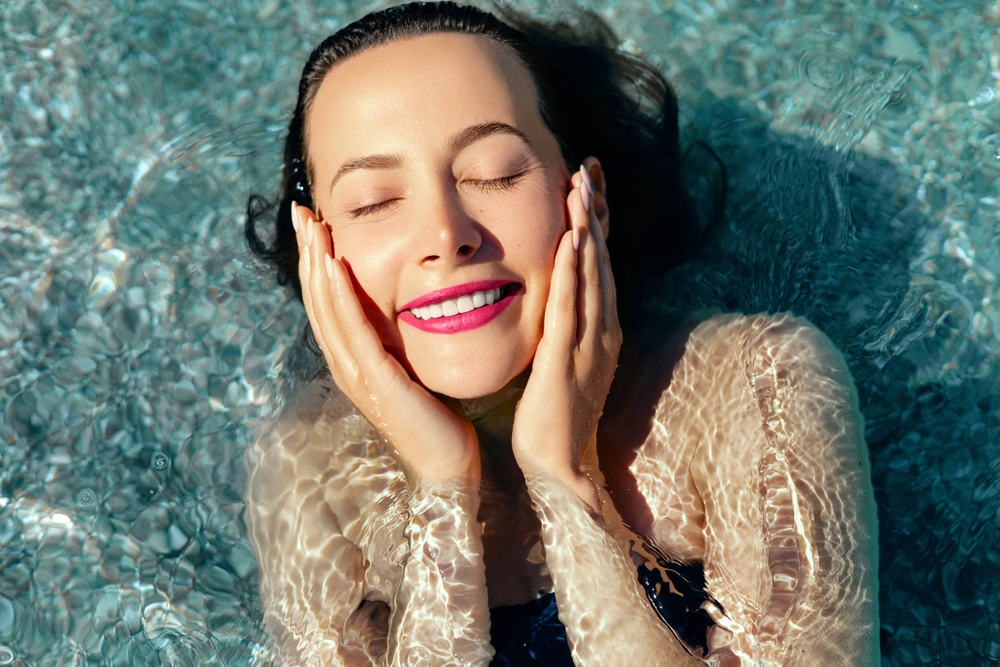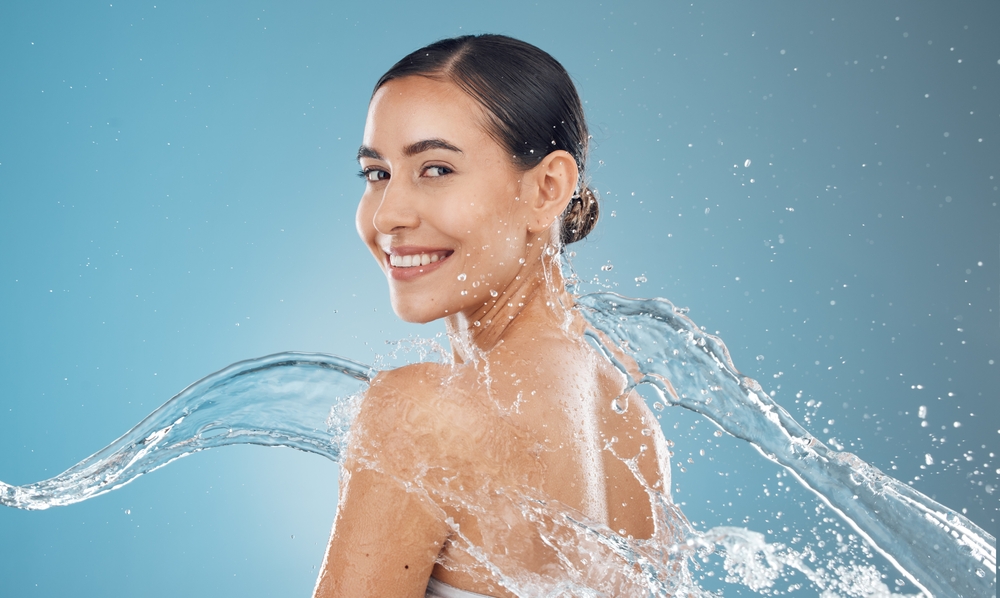The greatest organ in our body, the skin, protects us from the outdoors and maintains a comfortable inside environment. The moisture barrier, a vital layer in charge of ensuring hydration and protecting against contaminants, allergies, and irritants, is at the forefront of its defense system. In this post, we examine the role of the moisture barrier and practical methods for maintaining it for good hydration and beautiful skin.
Understanding the Moisture Barrier
The outermost layer of the epidermis, known as the moisture barrier, the lipid barrier, or the skin barrier, is mostly made up of lipids (fats), ceramides, cholesterol, and fatty acids. This complex matrix binds skin cells together and stops water loss, acting as a brick-and-mortar structure. When the skin’s moisture barrier is functioning properly, the skin is able to retain moisture, stay soft, and stay resilient.

Is the skin barrier the same as the moisture barrier?
- Yes, it is true that the terms “skin barrier” and “moisture barrier” are frequently used to refer to the same idea. Both phrases refer to the skin’s topmost layer, which is made up of lipids, ceramides, cholesterol, and fatty acids that cooperate to keep the skin moist, defend it from outside aggressors, and preserve its overall health.
- This barrier prevents excessive water loss and maintains hydration while acting as a screen against harmful environmental elements like pollution, UV radiation, and inclement weather. The skin is more prone to dryness, inflammation, and several skin conditions when this barrier is breached.
- You may hear the terms dermatology and skincare used interchangeably when referring to the same basic idea of maintaining a healthy, functional outer layer of skin.
The Role of the Moisture Barrier
- Hydration Control: Preventing excessive transepidermal water loss (TEWL), a kind of excessive water loss, is one of the moisture barrier’s main functions. The barrier preserves ideal moisture levels, keeping the skin moisturized and supple.
- Environmental Shield: The moisture barrier protects against environmental stresses such as toxins, UV radiation, and severe weather. The skin is more prone to injury and irritation when this barrier is breached.
- Protection against Irritants: The lipids in the barrier make it difficult for allergens and other irritants to penetrate, which helps to avoid skin disorders like eczema and contact dermatitis.

Factors Affecting the Moisture Barrier
The integrity of the moisture barrier can be jeopardized by a number of internal and external causes, including:
- Aging: A thinner and weaker barrier results from a decline in natural lipid production as we become older.
- Harsh Cleansers: Harsh washing methods deplete the skin’s natural oils and damage the moisture barrier.
- Excessive exfoliating can harm the moisture barrier and upset the equilibrium of the skin’s flora.
- Climate and Environment: Cold, dry climates and pollution exposure can reduce the barrier’s ability to protect.
Nurturing the Moisture Barrier
- Select gentle, sulfate-free cleansers that remove dirt and grime without removing the skin’s natural oils.
- Ingredients that are hydrating: To increase moisture retention, look for products that contain hyaluronic acid, glycerin, and ceramides.
- Niacinamide, linoleic acid, and omega fatty acids are included in products designed to assist barrier restoration.
- Sun protection: To protect the barrier from UV deterioration, use a broad-spectrum sunscreen every day.
The moisture barrier of the skin acts as a sentinel, protecting against the barrage of environmental stimuli while preserving ideal hydration. Healthy, bright skin that radiates vitality can be obtained by nurturing this barrier with a well-balanced skincare regimen and thoughtful lifestyle decisions. Keep in mind that maintaining a healthy moisture barrier is crucial for maintaining overall skin health and is not only a cosmetic concern.

